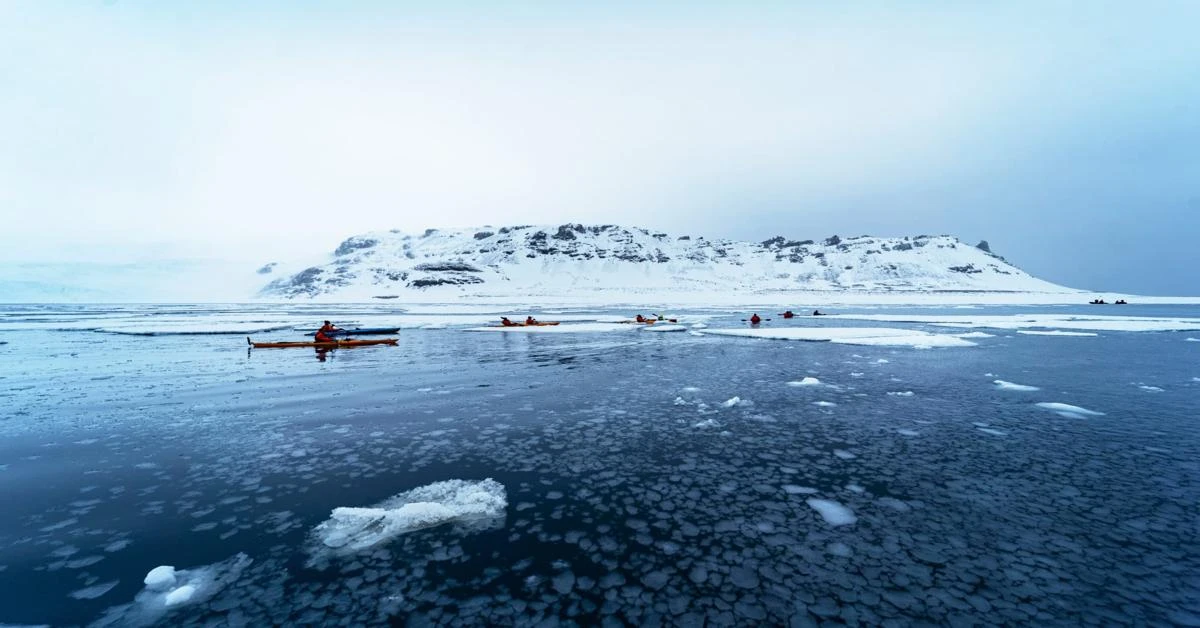Drone embarks on Antarctic mission to enhance climate change research

BAS’s innovative drone promises to alter climate change predictions with its pioneering ice sheet survey
A British Antarctic Survey (BAS) team, in partnership with U.K. company Windracers, has deployed an advanced drone in Antarctica, marking a significant step forward in climate research.
This autonomous plane is set to map previously inaccessible areas of the continent, aiding scientists in forecasting the impacts of climate change.
Tested against the harsh weather of North Wales, the drone is designed to withstand extreme Antarctic conditions. It can transport up to 100 kilograms (220.4 pounds) of cargo and cover distances up to 1,000 kilometers (621.3 miles), allowing access to remote regions without the risk to pilots.
This capability is crucial in a landscape where strong winds, sub-zero temperatures, and sudden storms have previously limited traditional research methods.
The drone’s first mission is to survey the mountains under the ice sheet, mainly focusing on the Fuchs Piedmont area. This task is vital for predicting the rate of ice melt and its subsequent effect on global sea-level rise.
“Understanding the intricate topography under the ice is key to determining how quickly it melts,” explained Tom Jordan, a scientist with the BAS.
This cutting-edge technology not only enhances safety but also significantly reduces environmental impact. The drone operates on substantially less fuel than traditional crewed planes, using only 10 barrels versus the typical 200 for a single research flight.
Rebecca Toomey, the engineer overseeing the drone’s operation from the Rothera base, explained the mission’s importance: “This is not just about mapping unknown territories; it’s about planning for our future in the face of climate change.”
The data collected will be integral in improving models of Antarctica’s landscape, contributing to more accurate predictions of sea-level rise.
Beyond mapping the ice sheet, the drone will conduct marine life surveys and assess environmentally sensitive areas.
Source: Newsroom



